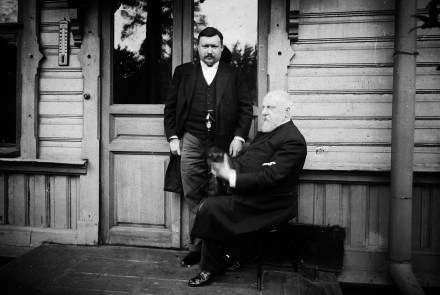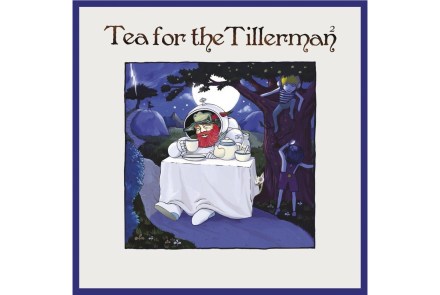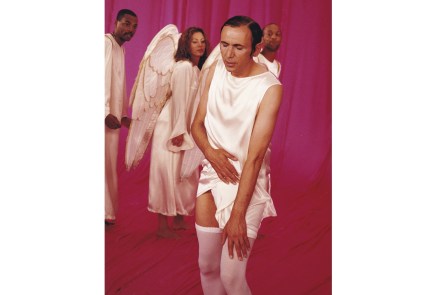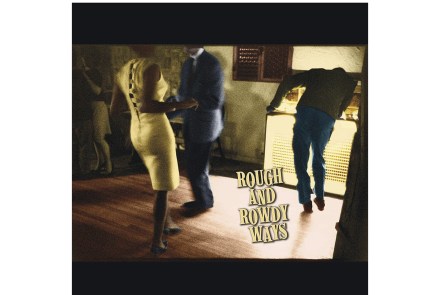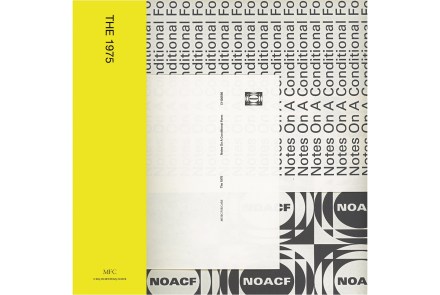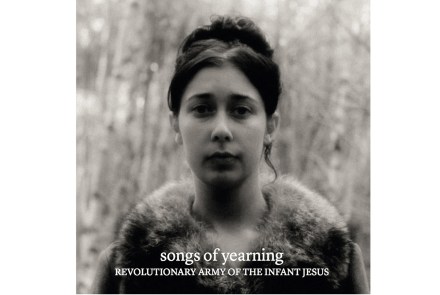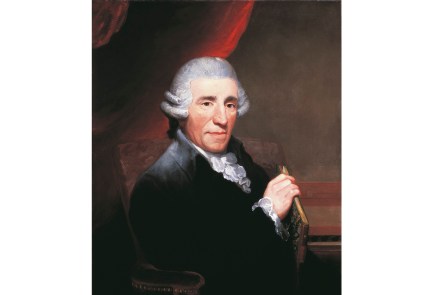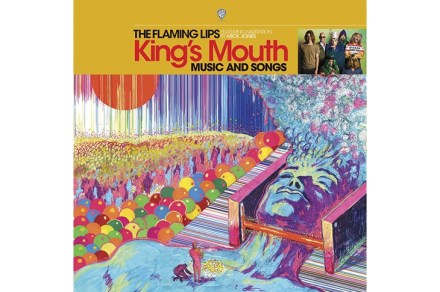Make Status Quo sound like Stockhausen: AC/DC’s Power Up reviewed
Grade: C The fear is this: you’re wearing a leather jacket and hipster jeans and think you look cool, but you can’t fasten either item of clothing and your teeth have fallen out. Instead you are simply an undignified granddad and everybody knows it. Hell, I’ve been there, over the years, until kindly women intervened. Apparently no women have intervened with guitarist Angus Young. He’s still wearing his short-trousered schoolboy outfit, gurning like a man who has just discovered a kidney stone, at the age of 65. No matter how desperately, inelegantly, you cling to your youth, there’s always Angus to make you look kind of measured. The Aussie-Geordie alliance




